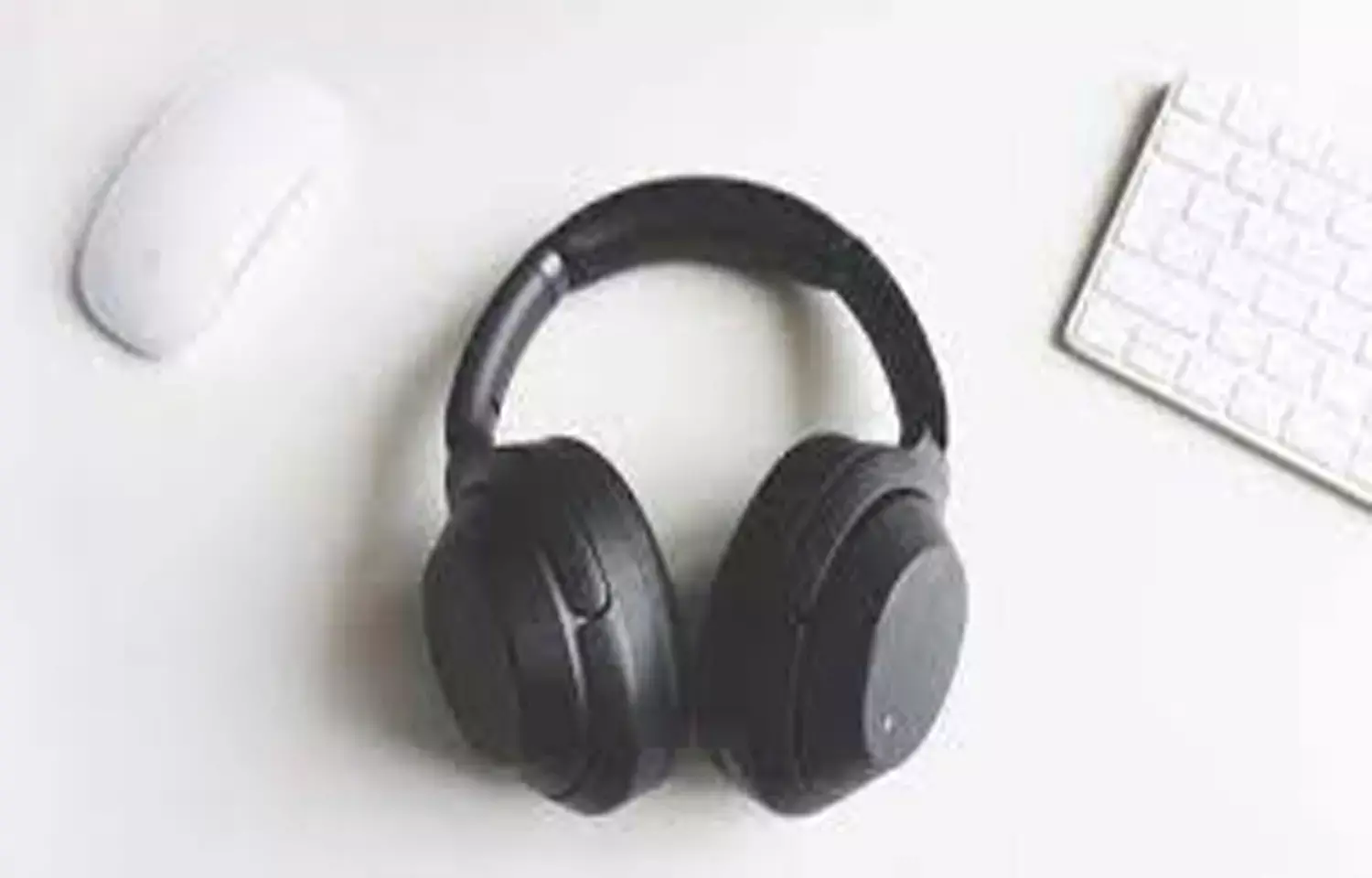- Home
- Medical news & Guidelines
- Anesthesiology
- Cardiology and CTVS
- Critical Care
- Dentistry
- Dermatology
- Diabetes and Endocrinology
- ENT
- Gastroenterology
- Medicine
- Nephrology
- Neurology
- Obstretics-Gynaecology
- Oncology
- Ophthalmology
- Orthopaedics
- Pediatrics-Neonatology
- Psychiatry
- Pulmonology
- Radiology
- Surgery
- Urology
- Laboratory Medicine
- Diet
- Nursing
- Paramedical
- Physiotherapy
- Health news
- Fact Check
- Bone Health Fact Check
- Brain Health Fact Check
- Cancer Related Fact Check
- Child Care Fact Check
- Dental and oral health fact check
- Diabetes and metabolic health fact check
- Diet and Nutrition Fact Check
- Eye and ENT Care Fact Check
- Fitness fact check
- Gut health fact check
- Heart health fact check
- Kidney health fact check
- Medical education fact check
- Men's health fact check
- Respiratory fact check
- Skin and hair care fact check
- Vaccine and Immunization fact check
- Women's health fact check
- AYUSH
- State News
- Andaman and Nicobar Islands
- Andhra Pradesh
- Arunachal Pradesh
- Assam
- Bihar
- Chandigarh
- Chattisgarh
- Dadra and Nagar Haveli
- Daman and Diu
- Delhi
- Goa
- Gujarat
- Haryana
- Himachal Pradesh
- Jammu & Kashmir
- Jharkhand
- Karnataka
- Kerala
- Ladakh
- Lakshadweep
- Madhya Pradesh
- Maharashtra
- Manipur
- Meghalaya
- Mizoram
- Nagaland
- Odisha
- Puducherry
- Punjab
- Rajasthan
- Sikkim
- Tamil Nadu
- Telangana
- Tripura
- Uttar Pradesh
- Uttrakhand
- West Bengal
- Medical Education
- Industry
Live music relaxes, alleviates pain in pediatric patients, new research suggests

Music can energize people during workout and is a source of calming down during stressful situations . But music doesn't just improve moods in adults.
Music can have a profound effect on some of the youngest, sickest hospitalized patients, find researchers at West Virginia University.New research suggests that live music may reduce pain and anxiety in pediatric critical-care patients.
"This is the first music therapy study to look at the use of live music with pediatric patients on mechanical ventilation," Bush said. "There's a lot of research supporting recorded music with adults on life support but not children. So, we decided to look into that."
Her findings appear in the American Journal of Critical Care.
Thirty-three patients, under 2 years of age, were included in the study. All were sedated and on mechanical ventilation.
Seventeen patients received live music intervention from a board-certified music therapist for 15 minutes. During the intervention, the music therapist sang lullabies, accompanied herself on guitar and invited the patients' caregivers to sing along.
The other 16 patients heard 15-minute recordings of the same lullabies, performed by the same music therapist. Similarly, caregivers were given the chance to sing, too.
In all cases, the researchers monitored each patient's heart rate, respiratory rate and blood pressure before the intervention and at 15-minute intervals for an hour after it.
They found that, on average, babies who heard the live music had an immediate and significant reduction in heart rate. And 60 minutes after the music had stopped, their heart rates were still lower than they had been to start with.
"That's actually really important for us because it can indicate a relaxation effect," Bush said. "And it's important for us because it's not just during the timeframe in which the live music was being provided. The effect is sustained."
Recorded music did not yield the same results.
"Nothing was statistically significant with the recorded music," Bush said. "It wasn't harmful, but we didn't see improvement."
The researchers attribute this disparity to live music's adaptability.
"I actually reduce my own singing if the caregiver starts to sing along because they are the preferred voice," Bush said. "I can slow things down. I can speed things up if I see the patient start to wake up a little bit. Live music allows you to make changes in the moment, whereas with recorded music, it is what it is."
She and her colleagues also discovered that patients who received the live music intervention tended to breathe more slowly and have a lower blood pressure than their counterparts who heard recorded music. These changes, however, were not statistically significant.
In the future, Bush plans to investigate how singing along during a child's live music intervention affects the mood of the caregiver.
"When I offer for caregivers to participate, most of them will initially decline and be like, 'Oh, no. I'm not a good singer,'" she said. "But usually, even if they start off sitting on the couch, just listening, they'll approach that bed space, and they'll hold the child's hand. They'll provide gentle massage. They may sing along. There's something about the experience that just draws them in."
https://aacnjournals.org/ajcconline/article-abstract/30/5/343/31548/Effect-of-Live-Versus-Recorded-Music-on-Children?redirectedFrom=fulltext
Hina Zahid Joined Medical Dialogue in 2017 with a passion to work as a Reporter. She coordinates with various national and international journals and association and covers all the stories related to Medical guidelines, Medical Journals, rare medical surgeries as well as all the updates in the medical field. Email: editorial@medicaldialogues.in. Contact no. 011-43720751
Dr Kamal Kant Kohli-MBBS, DTCD- a chest specialist with more than 30 years of practice and a flair for writing clinical articles, Dr Kamal Kant Kohli joined Medical Dialogues as a Chief Editor of Medical News. Besides writing articles, as an editor, he proofreads and verifies all the medical content published on Medical Dialogues including those coming from journals, studies,medical conferences,guidelines etc. Email: drkohli@medicaldialogues.in. Contact no. 011-43720751


